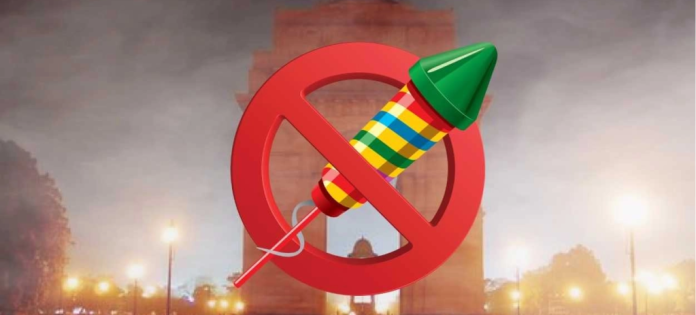- This is one prickly issue never failing to trigger heated debate as the festival of lights appears on the horizon. Nearer to the D-Day of one of the country’s biggest festivals Deepavali, every stakeholder associated with crackers like the manufacturers, distributors, consumers, and enforcement authorities finds themselves on a slippery unknown territory. As the country’s pollution levels scale beyond acceptable levels, the clamor for restricting the use of cracker bursting gains voice from all around. Equally loud are the voices resisting any moves to restrict the traditional bursting of crackers.

PC: Abhishek Devadiga
- Note that majority of the countrymen still consider the same as part of the ancient customs that should not be allowed to tamper with citing pollution concerns. Thus, the heated discussions unfailingly ensure attracting passionate supporters for and against the bursting of crackers. Invariably, the matter reaches the National Green Tribunal as well as the portals of the Supreme Court for adjudication rightfully without sacrificing on the tradition and also upholding the necessity to minimize the damages to the environment. Mind you, finding a middle-ground much to the satisfaction of both parties is never an easy task.
- As such, it is a given fact that confusion is bound to arise as is happening presently. A cracker of confusion, if you please. On October 26, the Bengal Pollution Control Board banned the sale of all firecrackers except green crackers and allowed their use from 8 to 10 PM on Diwali day. Further, on November 01, the Calcutta high court ordered a complete ban on all firecrackers, noting the practical difficulty of distinguishing between green ones and others. By Monday, Supreme Court had set aside the HC order, asserting there can be no complete ban, by allowing green crackers if air quality is not poor.

PC: P.vasishtan
- Looking from any angle, all decision fails the simple common sense test. A two-hour window for cracker bursting is practically non-enforceable in any Indian city or town or village. Nor the state can test whether only green crackers are used. However, it also ends up penalizing the genuine green cracker trade for official inadequacies. Another moot point to ponder over here is the SC’s verdict centered around air quality begs the question as to which states have the wherewithal to enforce complicated conditional cracker bans. We know that in Delhi, for example, the city heads into Diwali with poor air quality.
- Of course, those who violate the cracker ban every year will continue to do so. A community celebration with fireworks will not work in a diverse and huge country like ours either. Perhaps technology could be the answer that we all are looking up to. Electronic crackers producing light and sound mimicking real crackers are already available in the market. E-crackers should also get government incentives for encouraging pollution-free initiatives. The big question is whether ordinary citizens will play ball with the move. Unlikely, as majority still wish to burst conventional crackers irrespective of pollution concerns on the climate and environment. And the same has been proved right as well.






